As we approach the end of September, many people across Canada will observe National Day for Truth and Reconciliation and Orange Shirt Day. 2024 will be the first year that Manitoba officially recognizes Orange Shirt Day as a statutory holiday.
We invited our team to reflect on two aspects central to truth and reconciliation: Allyship and Confronting Unconscious Bias and Addressing the Barriers to Reconciliation. We must remember that reconciliation is a shared responsibility— that requires ongoing commitment, self-reflection, and action beyond September 30.
Allyship and Confronting Unconscious Bias
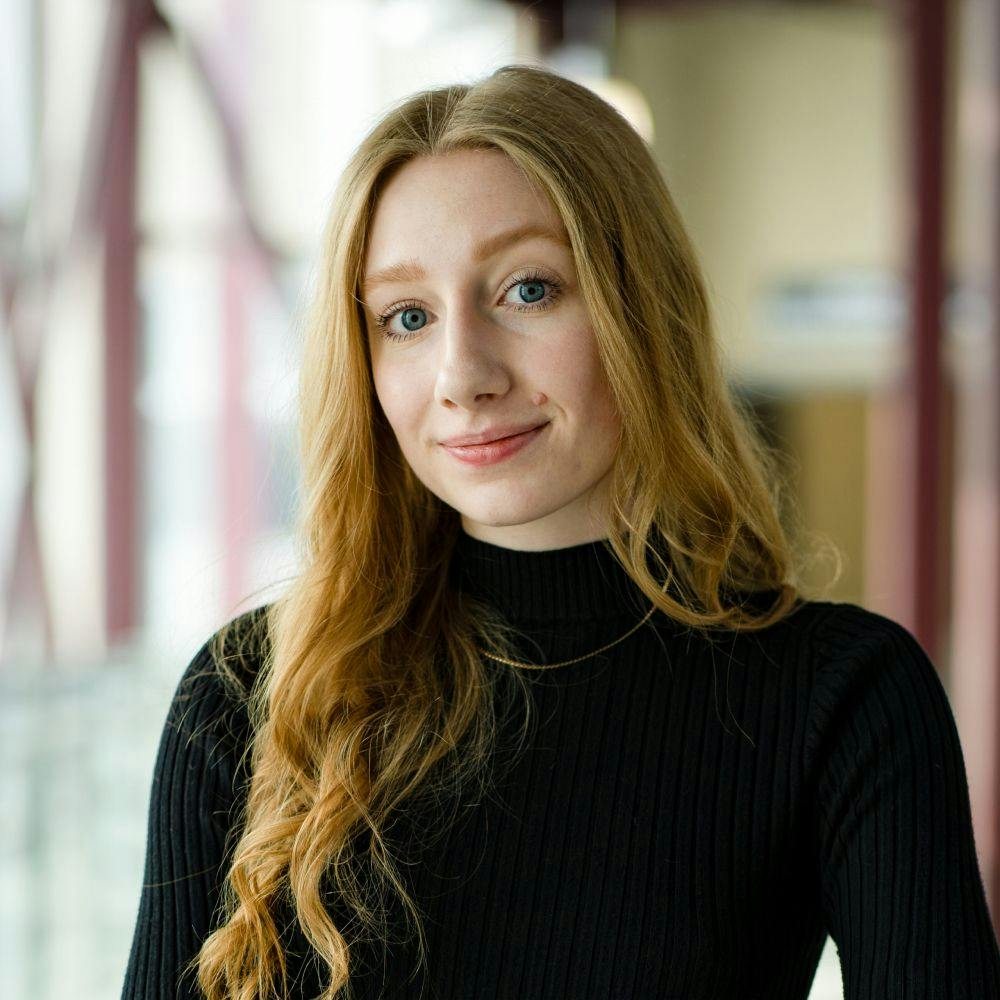
Isobel LeBlanc
Planner
September 30, National Day for Truth and Reconciliation, is a solemn day to honour and remember the Survivors of the residential school system, the children who never returned home, and the resilience of Indigenous communities. It’s a time for settlers to recognize the ongoing impacts of colonialism and commit to meaningful actions in support of reconciliation. Rather than seeing this as a “day off,” settlers should engage in deep reflection, learning, and tangible efforts to confront colonial history.
Wearing an orange shirt on this day is a powerful gesture, but true allyship cannot be confined to one day a year. Real allyship goes beyond symbolic acts and requires sustained effort to support justice, healing, and the dismantling of colonial structures. Allyship is an ongoing commitment that must be carried out in everyday actions, decisions, and interactions. It means continuously engaging in education, reflection, and advocacy for Indigenous rights and ensuring that reconciliation is woven into all aspects of life.
To be true allies, settlers must take ongoing actions that respect Indigenous sovereignty, amplify Indigenous voices, and actively support reconciliation. Allyship means confronting unconscious biases and working to create inclusive spaces for Indigenous peoples in our communities. Unconscious bias refers to attitudes and/or stereotypes that unconsciously affect our understanding, actions, and decisions. These biases can perpetuate discrimination, in even well-meaning individuals. It requires reflecting on how our actions, workplaces, and institutions may uphold colonial systems and advocating for change. Allyship involves taking responsibility and addressing historical and ongoing injustices, acknowledging settlers’ privilege, and holding ourselves and others accountable for harm against Indigenous peoples.
Today and every day, let’s commit to standing together for truth, understanding, justice, and a future rooted in reconciliation.
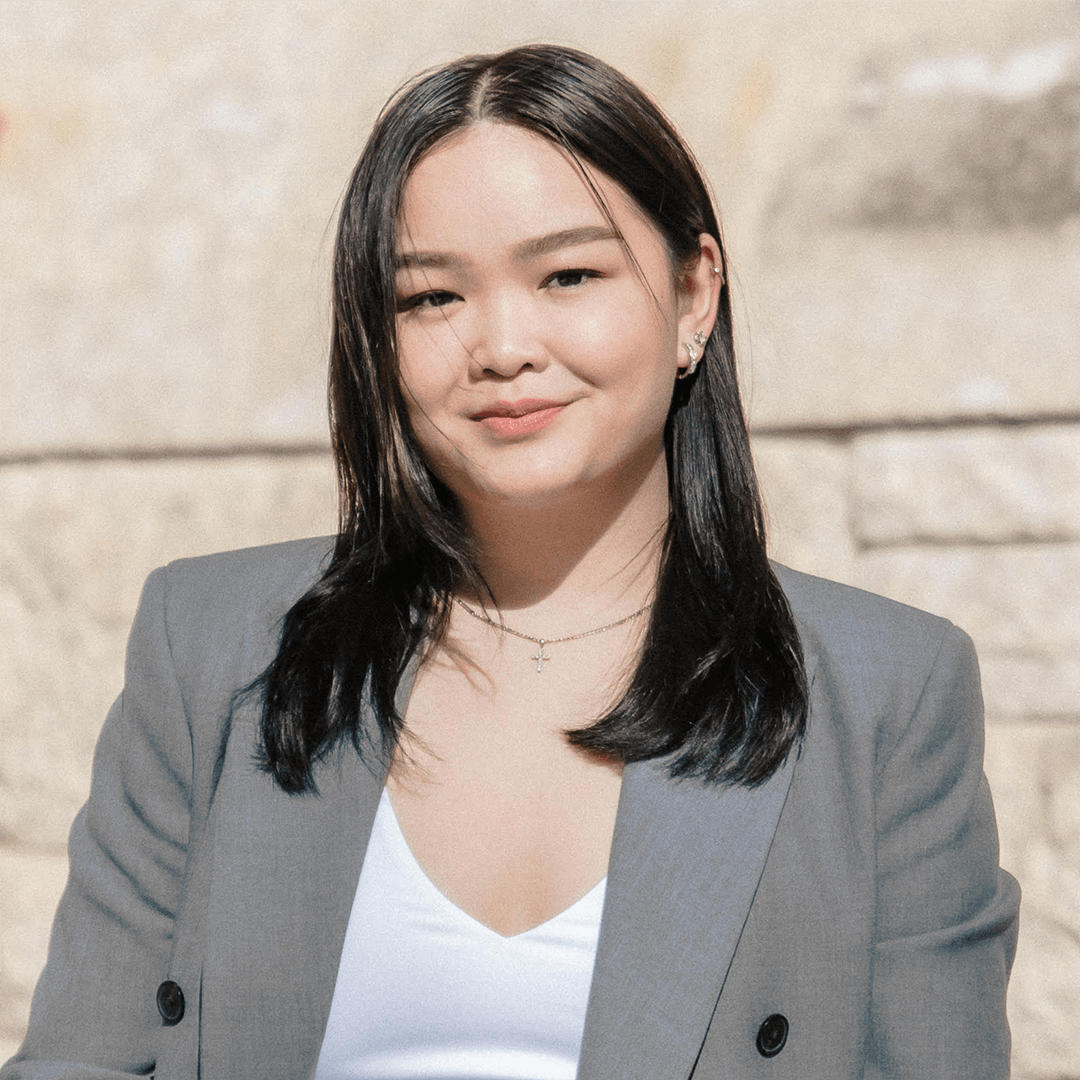
Bianca Siem
Planning Intern
Reflecting on Truth and Reconciliation is recognizing that it is a journey of understanding history and the impacts of colonialism on Indigenous communities while reflecting on the trauma that many have and continue to experience. Acknowledging the painful legacy of residential schools, systemic discrimination, and cultural suppression that many intergenerational families continue to experience impacts with is only the start.
As a university student and a young woman of colour, my own experiences with marginalization, while different, offers me perspective on the need for strong allyship. Being a strong ally means standing in solidarity with Indigenous women and 2-Spirted people while listening to their stories and amplifying their voices in spaces where they are often overlooked. Supporting Indigenous women requires recognizing the intersectional challenges they face and advocating for their rights and leadership, as there are many spaces where we both may not feel welcomed.
We all carry biases shaped by our upbringing, culture, and experiences. These biases can prevent us from seeing others with empathy and respect or may see us overcompensate in areas we may not need to. We can challenge prejudice by creating more inclusive spaces. This means continuing to actively reflect on our thoughts and actions, questioning stereotypes, and reflecting on the persons across from us with their perspectives.
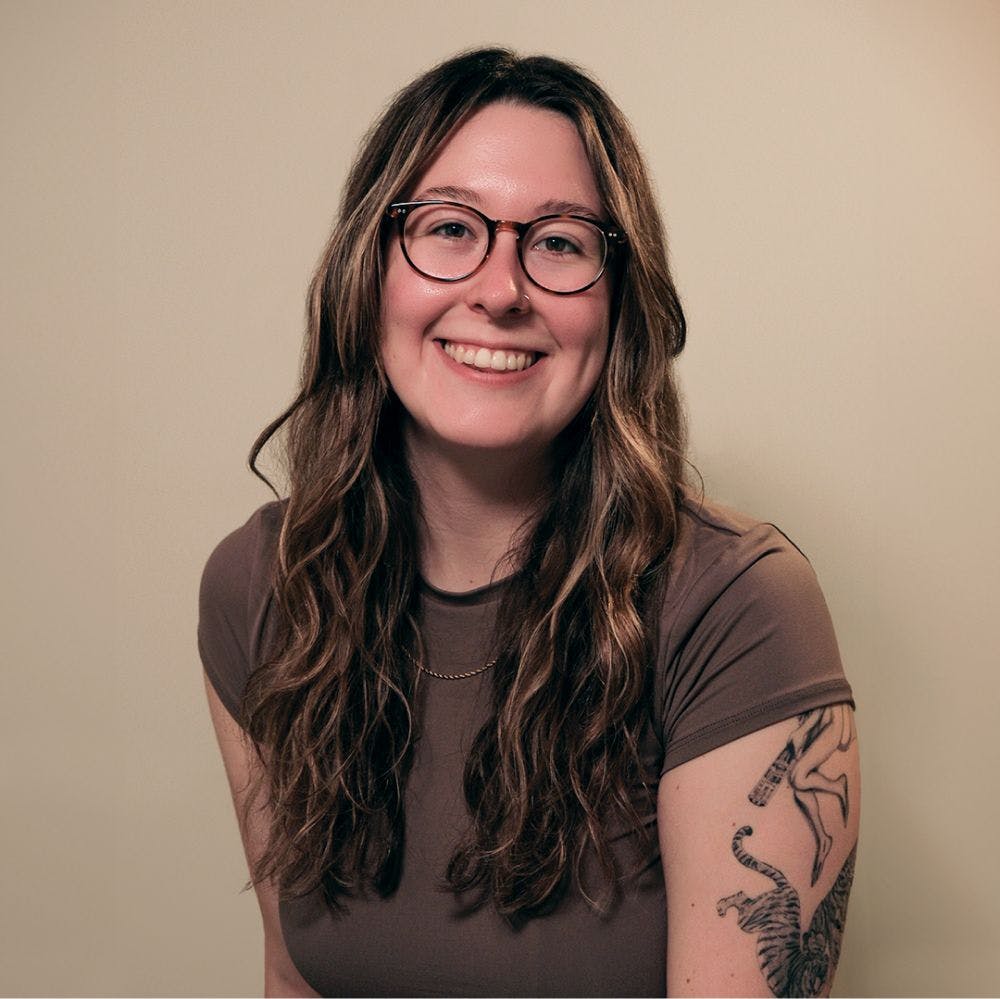
Hannah Cole
Senior Designer
As settlers on Turtle Island, we are responsible for actively participating in the journey toward reconciliation and healing with Indigenous peoples. This begins with recognizing and confronting our unconscious biases. The automatic judgments shaped by societal norms and colonial histories influence how we perceive and interact with Indigenous communities.
Allyship involves more than just acknowledging these biases. It requires us to take concrete steps toward change. This could mean educating ourselves on Indigenous histories, amplifying Indigenous voices, and standing in solidarity against ongoing injustices faced by Indigenous communities.
On this National Day for Truth and Reconciliation, let us reflect on how we can challenge our own biases, engage in meaningful dialogue, and take responsibility for being better allies. By doing so, we can help create a more just future rooted in respect, understanding, and a shared commitment to honour the Indigenous stewards of this land.
Allyship isn't just a label — it’s an ongoing responsibility for justice, equality, and reconciliation.
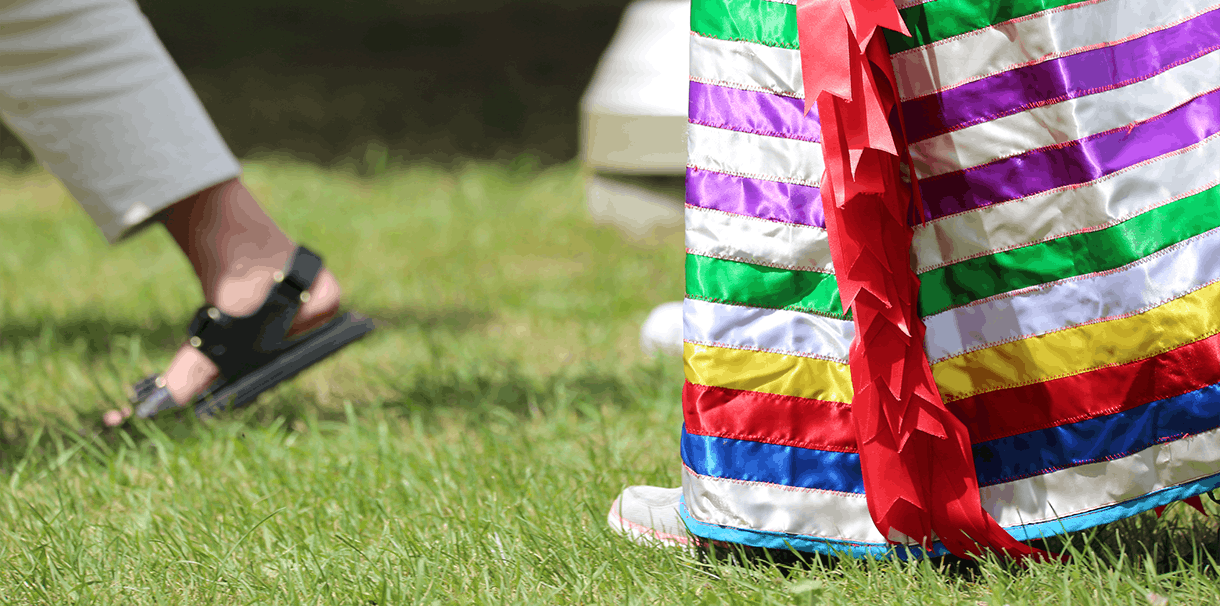
Addressing the Barriers to Reconciliation
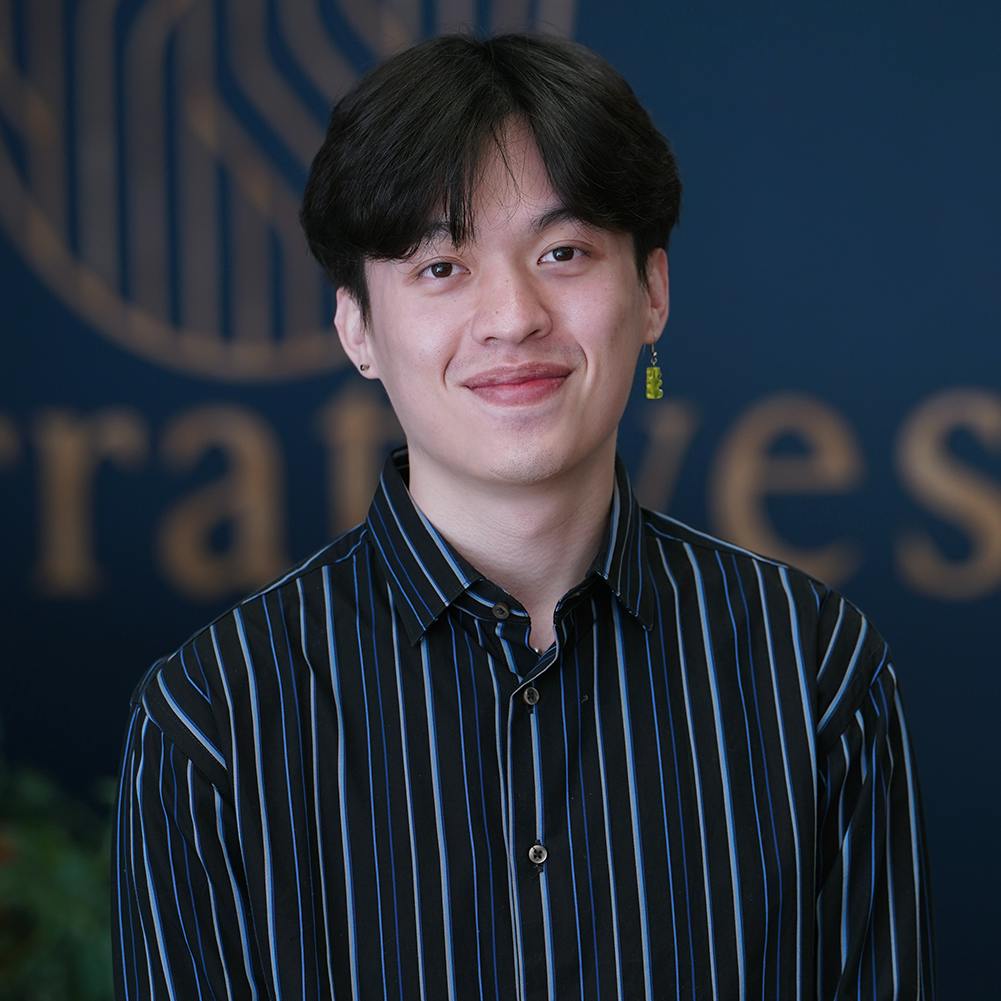
M. Justin
Researcher
As an international student, I’ve recently learned about the trauma faced by Indigenous communities in Canada. History books don’t always capture the full truth. One major barrier to reconciliation is that many people don’t understand the lasting effects of colonization and institutionalized oppression, such as residential schools. People often feel uncomfortable with things they don’t know, which makes it hard to face these truths.
When people are told the truth, they sometimes react with apathy. Comments like “That’s in the past” or “They should just move on” come from not understanding that Indigenous communities are still dealing with intergenerational trauma and systemic barriers today.
The Truth and Reconciliation Commission (TRC) report showed why reconciliation is necessary, but we still face challenges. Here are some key barriers and possible solutions:
- Denial: Some people refuse to accept Canada’s history of colonialism.
Solution: Provide more education on Indigenous history and offer cultural awareness programs that emphasize the facts of colonization and its ongoing effects. Community discussions and workshops can also help confront denial and misinformation. - Apathy: Many Canadians feel disconnected from Indigenous issues and avoid uncomfortable truths.
Solution: Promote Indigenous stories, literature, and cultural events to build understanding and empathy. Engaging non-Indigenous Canadians in these cultural activities can foster emotional connections, encouraging people to reflect on the importance of reconciliation. - Misunderstandings: Many people believe false ideas about Indigenous peoples, like “they get special benefits.”
Solution: Share accurate information to correct these myths and promote respect for Indigenous rights. Public awareness campaigns, school curriculums, and media representations can all play roles in dispelling common misconceptions.
Reconciliation is a long process, but by addressing these barriers, we can create real change and work toward healing.
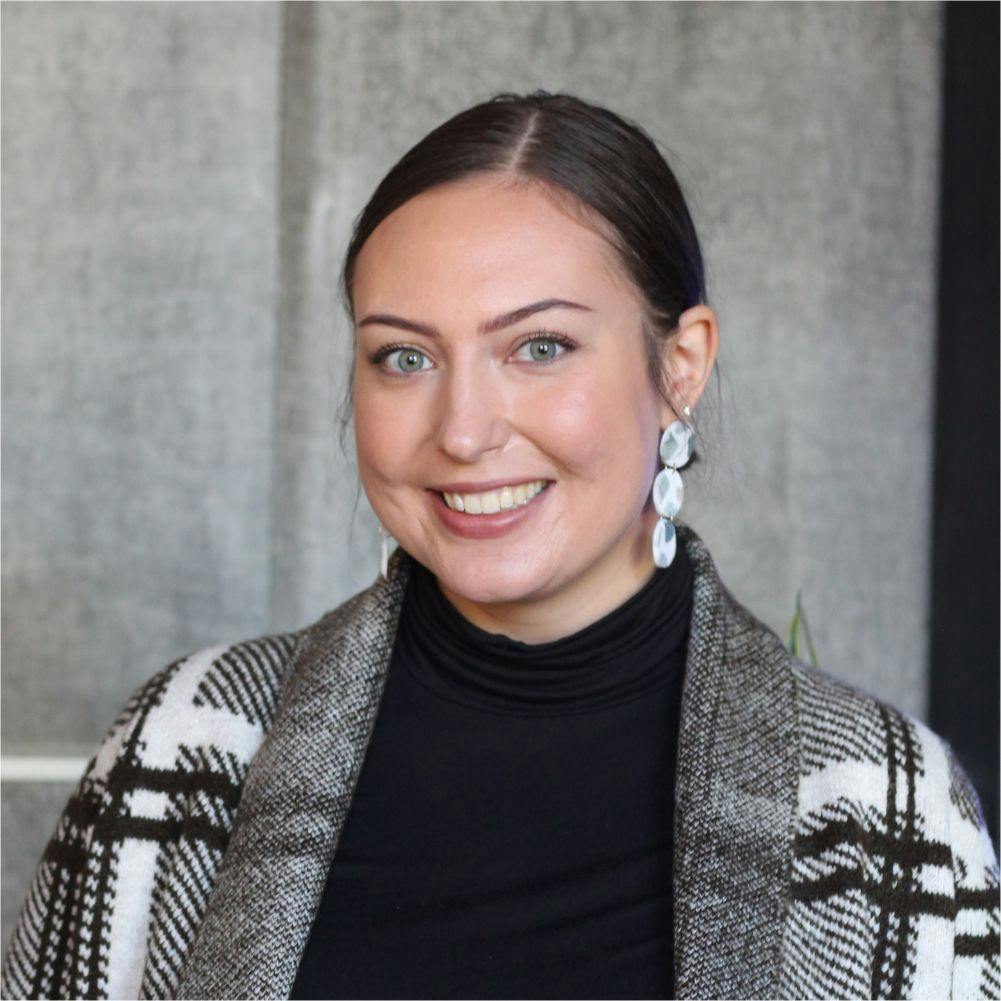
Desirée Thériault
Partner | Senior Landscape Designer
As a Métis woman, I’ve had time to reflect on what reconciliation means to me, but many Indigenous peoples don’t have that luxury. Reconciliation, in practice, demands capacity—time, resources, and energy—things many Indigenous communities are stretched thin on as they navigate the burdens of systemic inequities and the legacies of trauma.
With September 30th approaching, it’s a time to reflect on these realities. Indigenous peoples are often managing survival in systems that were never built for them. How can we ask Indigenous folks to engage deeply in reconciliation when capacity is already so limited? This is one of the most pressing barriers, I feel, we must address if reconciliation is to move beyond conversation into action and implementation.
From my perspective, there’re a few different ways we can address this barrier:
- Resourcing Indigenous Communities: Indigenous peoples need sustainable, long-term funding that allows them to lead their own healing and cultural initiatives. It’s about providing the means to set their priorities without stretching resources too thin or having unpredictability.
- Reducing Administrative Burdens: Streamlining funding processes and reducing bureaucratic barriers will give Indigenous organizations more time and energy to focus on healing and leadership rather than being weighed down by paperwork.
- Building Capacity Through Partnerships: Non-Indigenous governments and organizations must contribute their resources, time, and expertise to support Indigenous-led initiatives. Real partnerships can ease the burdens on Indigenous communities.
- Creating Space for Rest and Healing: Engaging in reconciliation is emotionally taxing, especially for those carrying trauma. We need to prioritize mental health and create space for Indigenous communities to rest and heal.
In the end, reconciliation requires capacity—something many Indigenous peoples don’t have because they are focused on survival within systems that have long excluded them. We need to take the time to ensure that Indigenous communities and peoples have the support, resources, and space they need to fully engage in reconciliation. It’s not just about acknowledging the past but about creating a sustainable future where Indigenous voices lead the way and where the burdens of survival are no longer the only priority. Only then can reconciliation move from words into real, lasting action.
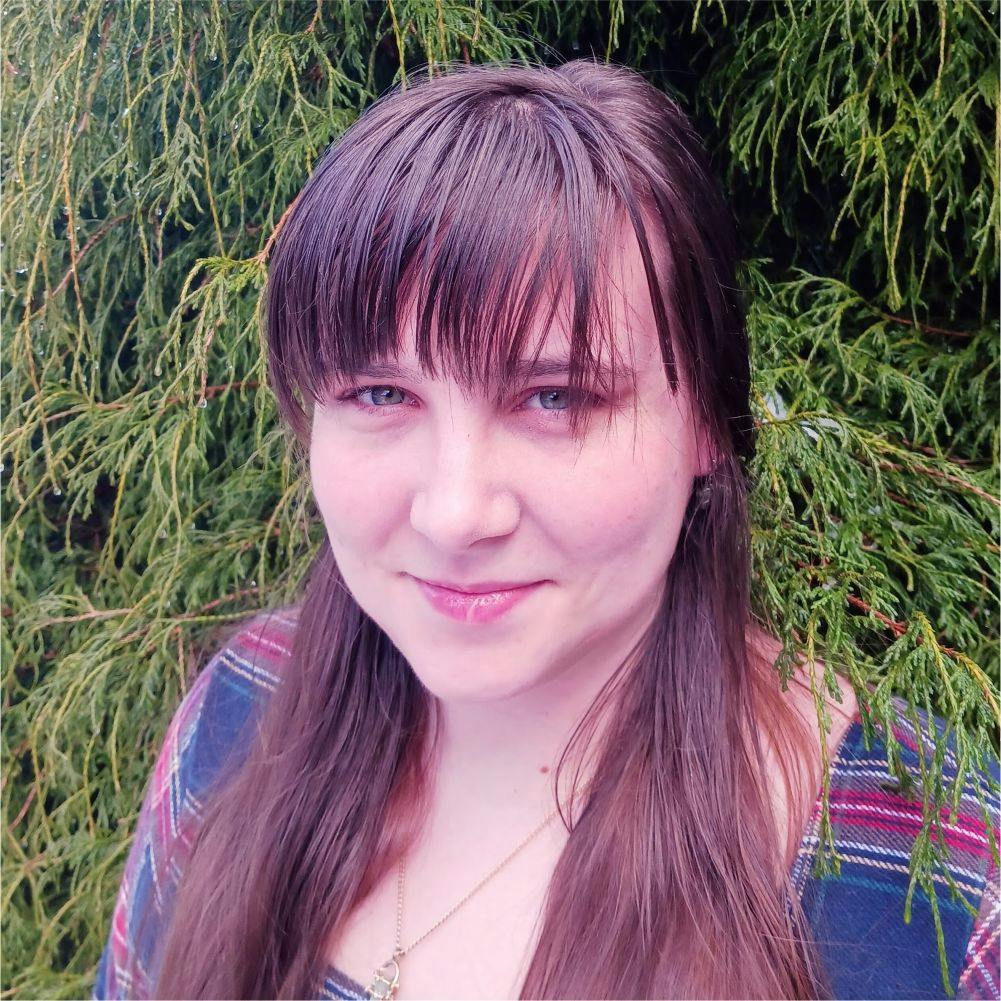
Charmain Schocat
Research Coordinator
Sitting with my mother-in-law, a First Nations woman, I often find myself quietly observing and listening, letting her stories flow when she is ready to share them. More than once, I’ve found myself confronted with differences in our cultural upbringing—how we perceive timeliness, what’s prioritized, and how intergenerational trauma manifests among my new family members. Recognizing and situating myself within this context is crucial. These moments remind me that reconciliation isn’t just about policy or formal action; it’s about building understanding in the most personal spaces.
Addressing the barriers to reconciliation starts with how we engage with the people closest to us—our family and friends. I have a background in anthropology, where we learned to approach these conversations with other cultures and ways of knowing with the humility of a child. Sitting, listening, and absorbing without judgment or interruption. Prioritizing the lived experiences of those directly impacted by colonization, like my mother-in-law, helps dismantle the barriers that arise from ignorance, cultural mismatches, or misunderstandings.
For me, reconciliation has meant learning the lived experiences of my family and friends who are Indigenous. It is sitting beside them in moments of vulnerability and listening to their stories. It is a deeply personal process that requires patience and openness. By fostering these relationships and making space for uncomfortable truths, we begin to break down the larger, systemic barriers to reconciliation. True reconciliation happens in these intimate moments of learning, and it is work that starts within our own circles.




